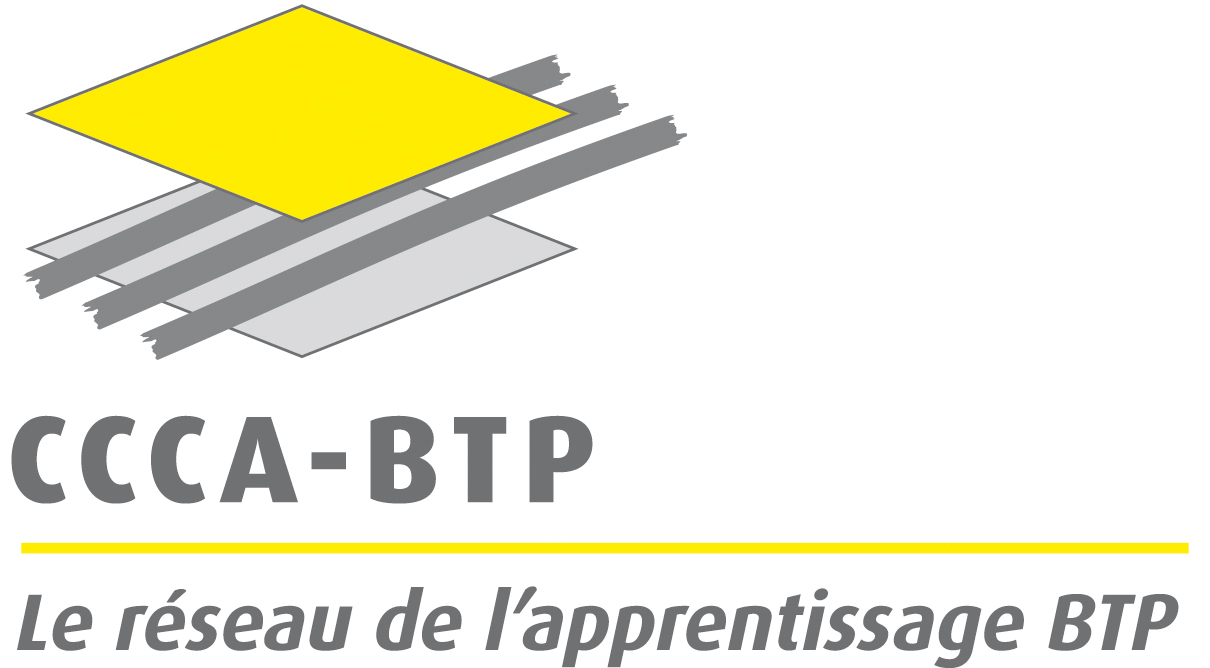
GALAADD
The contribution of edutainment to raise awareness about eco-construction: Genesis of the GALAADD project
The ecological transition necessarily entails a profound change in the way we consume, produce, work, live together and even train, in order to meet the major environmental challenges of climate change, the increasing scarcity of resources, the accelerated loss of biodiversity and the growing number of environmental health risks. In all industries, many changes are already taking place and must be multiplied to limit the ecological impact of man on nature.
Construction professionals are directly concerned since construction plays a crucial role in sustainable development. It is therefore of the utmost importance to make future professionals in the construction industry aware of socio-ecological issues and to train them in emerging techniques, so that they can find solutions to reduce the environmental impact of construction and built heritage.
As illustrated by the implementation of the RE2020 Energy Regulations, "Building sustainably" implies inventing new ways of building that are as efficient and respectful of the planet as they are of the well-being of everyone, through
- The use of bio-based materials,
- Improving the energy performance of buildings,
- Taking into account summer comfort.
GALAADD - GAme LAb pour l’Apprentissage du Développement Durable
The challenges of the project are twofold: form and substance. On the one hand, it is necessary to develop a pedagogical approach that favors the appropriation of the ecological transition by the learner, and on the other hand, to allow him to understand the main axes of deployment of the sustainable construction approach.
Thus, the first challenge of this project is related to the innovative teaching methods chosen: the implementation of an environment conducive to the deployment of a ludic pedagogy or ludopagy. Our first challenge is therefore to increase our skills in edutainment and to equip ourselves with innovative virtual or mixed reality and gamification teaching material, in order to create fun and open source teaching modules, creating motivating learning spaces where societal issues and technical practices will be challenged by the game.
The second issue is training for the challenges of the ecological and energy transition. For this, we have chosen to rely on the main axes of the new RE2020 regulation, which is based on a progressive transformation of construction techniques, industrial sectors and energy solutions.
- Axis 1: Continued improvement of the energy performance of buildings, based in particular on bioclimatism.
- Axis 2: Reducing the impact on the climate of the built heritage and in particular of new buildings, through the use of low-carbon materials and life cycle analysis.
- Axis 3: The construction of resilient buildings, capable of adapting to future climate conditions and ensuring the comfort of occupants
This challenge consists of providing apprentices with the skills needed to implement the ecological and energy transition in an enlightened way, towards a thoughtful sustainable construction.
Briefly, the content of the project...
- Creation of a Game Lab at BUILDERS École d'ingénieurs. - A methodological guide, based on the feedback from the creation of the BUILDERS École d'ingénieurs Game Lab, will be drafted in order to list the best practices and pitfalls to be avoided when creating this type of experimental laboratory in a training organization.
- Creation of a virtual reality serious game on low-carbon materials
- Creation of a mixed reality escape game on the notions of comfort
- Creation of a low board game on energy-efficient construction
The three games proposed by the project are intended to be complementary in their content, in order to illustrate the major challenges of sustainable construction, as stated in the RE2020.
The dissemination in the apprentice training organizations will be done through the internet platform of the call for projects of the CCCA-BTP and will thus be able to reach all the French apprentice training organizations and concerned other apprentices of levels 3 to 6.
The project partners
The funder
The GALAADD project is financed by the CCCA-BTP up to 50% on a global budget of 503 904 euros.

